Historical Epistemology of Space: Experience and Theoretical Reflection in the Historical Development of Spatial Knowledge
The project aims at a long-term history of basic structures of spatial thinking, ranging from prehistory to the most recent and ongoing scientific revolutions. It focuses on the question of how the emergence and the development of spatial concepts is shaped by experience and how, in turn, these concepts influence the acquisition of further experiential knowledge. In this project, experience is understood in a broad sense, ranging from the interaction of biological organisms with their environment to the systematic production of knowledge by means of the complex experimental systems of modern science. The experiential spaces that one may thus distinguish have traditionally been investigated by different disciplines such as developmental psychology, anthropology, ethnology and psycholinguistics, archeology, and the history of science and technology. In the framework of the project, these are set in relation to each other with respect to their research potentials and results concerning the historical development of spatial knowledge.
The collection of historical sources on spatial concepts is made available by the Max Planck Institute for the History of Science.

 Max Planck Institute for the History of Science
Max Planck Institute for the History of Science
 top
top
